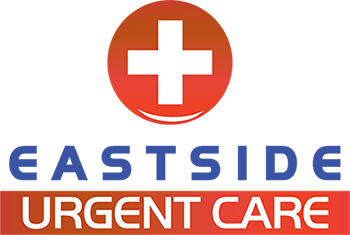STDs – Prevention, Treatment, and Care Q&A
Many STDs can be cured, and others can be treated to contain and manage symptoms. Learn more about the benefits of STD treatment today and book your next appointment with our team of medical professionals right away! STD treatment is available at Eastside Urgent Care. For more information, contact us or book a same-day priority appointment. You can also visit us online to get directions to our clinic. We are conveniently located at 872 Ohio Pike, Cincinnati, OH 45245.
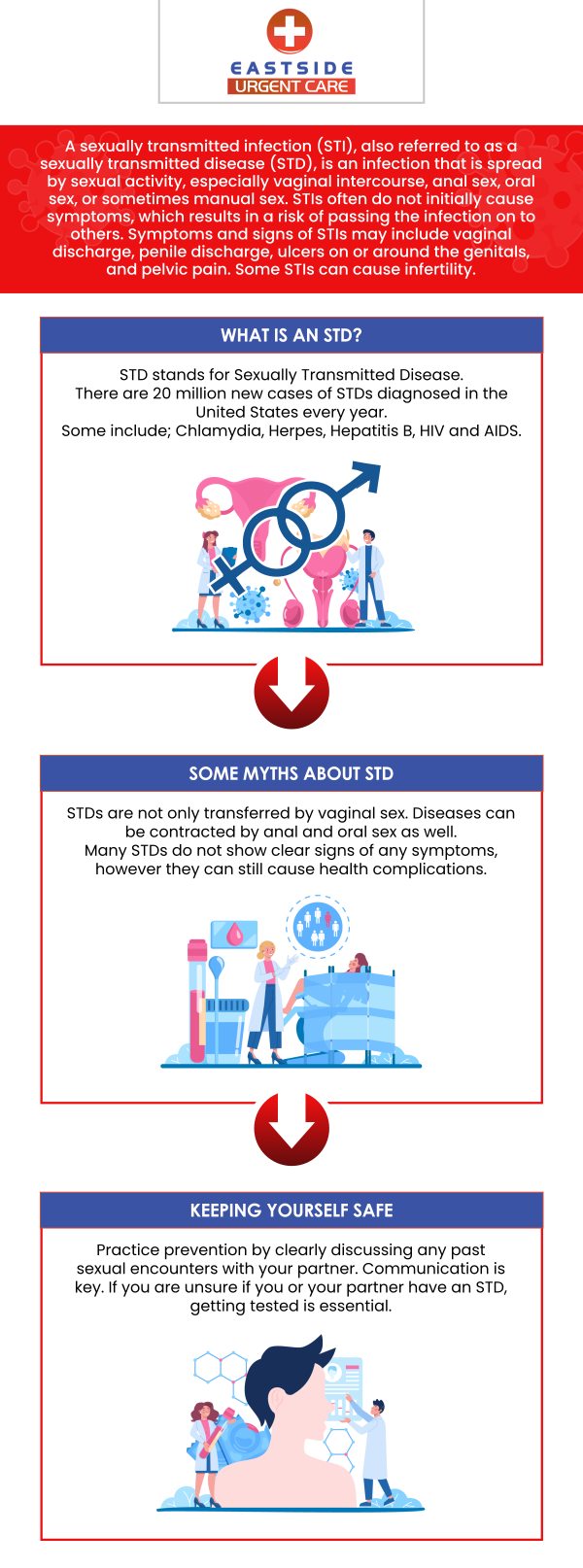
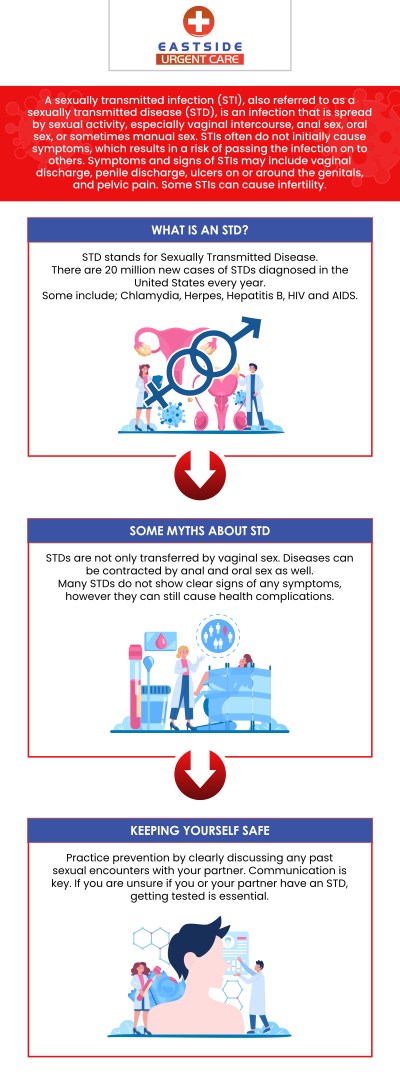

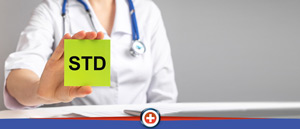
Table of Contents:
What are 3 ways to prevent STDs?
Can STDs be cured?
How could I know if I have an STD?
What are the 10 STD diseases?
Consistent condom use serves as a barrier method for birth control as well as protecting against STDs. Using condoms during sexual activity helps reduce the risk of contracting and spreading infections.
It is important for both men and women to ensure safe sex by consistently using condoms, as they act as a shield, safeguarding against skin-to-skin contact and the transmission of viruses like Herpes and Human Papillomavirus (HPV).
Certain STDs, such as Herpes, can be transmitted through direct contact with active blisters or sores. Similarly, HPV can be transmitted through skin-to-skin contact with infected areas, including genital warts. To minimize the risk of infection, individuals should refrain from coming into contact with visible signs of infection. Men, in particular, should prioritize safe sex practices by using condoms, which provide an extra layer of protection against direct contact with infected areas.
Regular visits to healthcare professionals or sexual health clinics are essential for maintaining a safe sexual life. Comprehensive STD testing, which is quick and easy, should be conducted at least twice a year. Vaccinations are available for certain STDs, such as Hepatitis B Virus (HBV), which not only protect individuals from acquiring the infection but can also prevent transmission to others. Vaccination can be particularly important for pregnant individuals, as it helps safeguard both the mother and the baby from potential infections.
The treatment and curability of sexually transmitted diseases (STDs) vary depending on the type of infection. Bacterial STDs can be effectively cured with antibiotics, especially when treatment is initiated early. Examples of bacterial STDs include chlamydia, gonorrhea, and syphilis. Prompt diagnosis and appropriate antibiotic therapy can typically eliminate these infections and prevent further complications.
On the other hand, viral STDs cannot be completely cured. Once a person contracts a viral infection, the virus remains in the body for life. However, medications can help manage symptoms and reduce the risk of transmission.
Examples of viral STDs include human immunodeficiency virus (HIV), herpes simplex virus (HSV), and human papillomavirus (HPV).
Antiretroviral therapy (ART) is used to control HIV infection and prevent its progression to acquired immunodeficiency syndrome (AIDS). Antiviral medications can alleviate symptoms and reduce the frequency and duration of outbreaks in the case of HSV and HPV infections.
If you suspect you may have contracted an STD, there are several potential symptoms that could indicate an infection. These symptoms include experiencing an unusual discharge from the vagina, penis, or anus, experiencing pain or discomfort during urination, noticing lumps or skin growths around the genitals or anus, and developing a rash. Other symptoms include experiencing unusual vaginal bleeding, feeling itchiness in the genital or anal area, observing blisters or sores around the genitals or anus, or noticing the presence of warts in these areas.
It is worth noting that while rare, warts in the mouth or throat can also be a sign of an STD. If you are experiencing any of these symptoms or have concerns about your sexual health, it is advisable to seek medical advice from a healthcare professional.
There is a wide range of STDs sexually active individuals may be exposed to without taking the proper care and preventative measures. Ten of the most common STDs include chlamydia, which can cause pelvic inflammatory disease and infertility if not treated; gonorrhea, which can lead to pelvic inflammatory disease and other complications; syphilis, a bacterial infection that can progress to severe health issues if untreated; and human papillomavirus (HPV) infection, which can cause genital warts and increase the risk of certain types of cancer. Additionally, other STD diseases may include herpes, a viral infection that causes painful sores; HIV/AIDS, a viral infection that weakens the immune system; hepatitis B, a viral infection that affects the liver; trichomoniasis, a common parasitic infection; pubic lice (crabs), which infest the pubic hair and cause itching; and scabies, a contagious skin infestation.
STD treatment is available at Eastside Urgent Care. For more information, contact us or book a same-day priority appointment. We are conveniently located at 872 Ohio Pike Cincinnati, OH 45245. We serve patients from Cincinnati OH, Covedale OH, Delhi OH, St Bernard OH, Wilders KY, and Elmwood Place OH.

Additional Services You May Need
▸ Asthma
▸ Bronchitis
▸ DOT Physical
▸ Employment Drug Screen
▸ Illness
▸ Injury
▸ Insect and Animal Bites
▸ Occupational Medicine
▸ Pediatric Visit
▸ Pre-OP Physical
▸ School & Sports Physicals
▸ STD And Treatment
▸ Rash/Allergic Reaction
▸ Stomach Flu Treatment
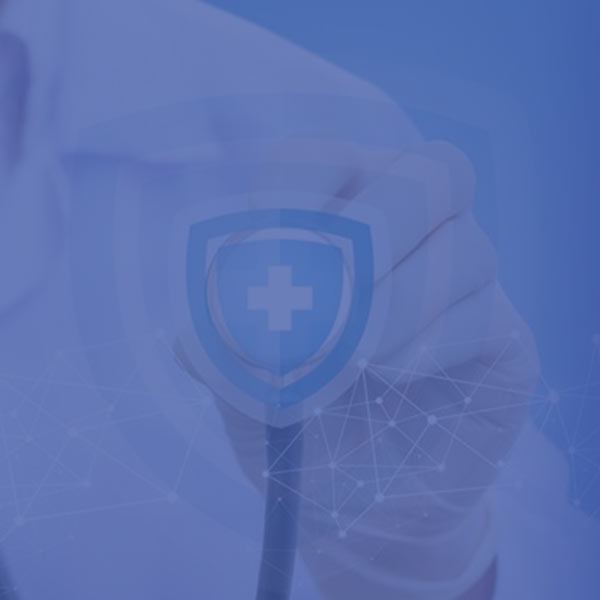
Additional Services You May Need
▸ Asthma
▸ Bronchitis
▸ DOT Physical
▸ Employment Drug Screen
▸ Illness
▸ Injury
▸ Insect and Animal Bites
▸ Occupational Medicine
▸ Pediatric Visit
▸ Pre-OP Physical
▸ School & Sports Physicals
▸ STD And Treatment
▸ Rash/Allergic Reaction
▸ Stomach Flu Treatment
